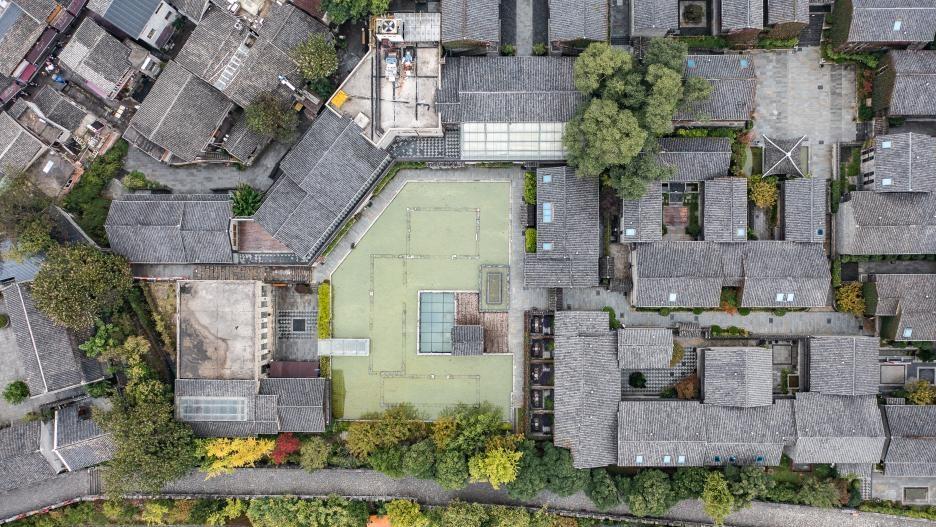Revitalizing property, shares high on agenda
China's monetary policymakers are likely to continue next year to prioritize revitalizing market expectations for the ailing property sector and an undervalued capital market to help bring about a steady economic recovery, economists and market mavens said.
Such a policy stance was clearly signaled by the larger-than-expected lending rate reduction on Monday and the country's first monetary policy tools that channel funds to the capital market, which will substantively alleviate homebuyer burdens while repairing the valuation of Chinese equities.
"Shoring up the real estate sector and stabilizing the capital market has become the critical premise for China to expand domestic demand," said Liu Yuanchun, president of the Shanghai University of Finance and Economics.
On Monday, China cut its market-based benchmark lending rates, with the one-year loan prime rate down to 3.1 percent and the over-five-year LPR, on which lenders base their mortgage rates, to 3.6 percent, both 25 basis points below September levels.
The cut was slightly larger than expected and marked the biggest cut since 2019 when LPRs became benchmarks.
Wang Qing, chief macroeconomic analyst at Golden Credit Rating International, said the considerable LPR reduction reflects that the People's Bank of China, the country's central bank, is putting into place the "impactful interest rate cuts" outlined by the country's top leadership, a move that will effectively ease homebuyers' and enterprises' financing costs.
"To ensure that the real estate market stops falling, boosts economic momentum, and drives price levels to recover moderately, there remains some room for LPR reductions in 2025," Wang said.
China's A-share market ended higher following the cut, led by smaller-cap stocks, with Shanghai's tech-heavy STAR 50 index up 2.22 percent to close at 1000.37 points. The market was also lifted by the implementation of a special central bank lending program to buy back shares and boost share holdings.
The program, starting Friday, offers 300 billion yuan ($42.18 billion) in loans at a rate of 1.75 percent to 21 eligible banks, which will then lend to qualified companies and shareholders at a rate no higher than 2.25 percent.
As of Sunday, 23 listed companies had applied for over 10 billion yuan of the loans, and more are expected to follow suit.
Liu, the SUFE president, said the program signals a "significant paradigm shift" that the PBOC is now striving to correct a systemic stock pricing distortion.
"This will help establish a floor for China's capital market, addressing the widespread, persistent issue of stock market values falling below book values."
Addressing Sibos 2024, a financial services event organized by Swift on Monday, Lu Lei, deputy governor of the PBOC, said the country's financial sector will continue to embrace opening-up and cooperation, vowing to encourage Chinese sovereign wealth funds and financial institutions to invest abroad.
Photos
Related Stories
- Home sales up in holiday period
- China to roll out fiscal policy mix to stabilize property market: finance minister
- Beijing eases homebuying rules to boost property market
- Officials to brief measures for bolstering property sector
- China to crank up credit lines to 4 trillion yuan for eligible 'white list' housing projects by year-end: official
Copyright © 2024 People's Daily Online. All Rights Reserved.









